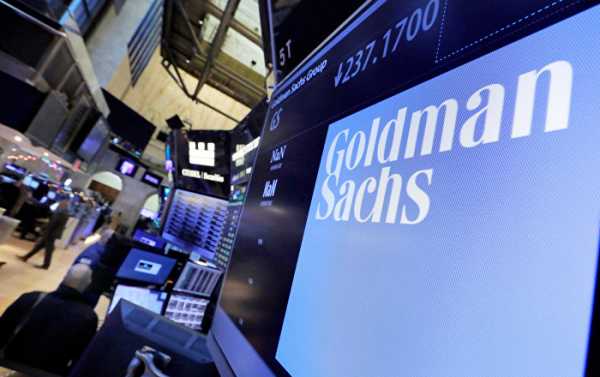
Goldman Sachs lowered its fourth-quarter growth forecast by 20 basis points to 1.8%, citing a larger-than-expected impact of recent events related to the trade war between the two major economies.
The trade war between the US and China escalated in recent weeks after Trump’s surprise announcement of 10% tariffs on the remaining $300 billion in Chinese imports that had eluded previous duties, leading markets to recently have their worst day of the year. China allowed its currency to weaken, crossing the 7 yuan-per-dollar threshold, making that country’s products cheaper on the international market, while also announcing it would halt imports of agricultural goods from the US.
All these events made Goldman Sachs suggest that the trade war is going to have a larger impact on growth than originally estimated.
“We have increased our estimate of the growth impact of the trade war,” said Goldman Sachs chief US economist Jan Hatzius in a note to clients Sunday. “The drivers of this modest change are that we now include an estimate of the sentiment and uncertainty effects and that financial markets have responded notably to recent trade news.”
Financial conditions, policy uncertainty, business sentiment and supply chain distribution will all contribute to lower-than-expected growth as a result of the trade war, Hatzius stated, adding that there are growing fears of a recession.
“The policy uncertainty effect may lead firms to lower capex spending as they wait for uncertainty to resolve. Relatedly, the business sentiment effect of increased pessimism about the outlook from trade war news may lead firms to invest, hire, or produce less,” said Hatzius.
The economist also said supply chain disruption of rising input costs may lead US firms to lower their domestic activity, and Goldman now estimates a cumulative drag on GDP of 0.6%, including a 0.2% drag from the latest escalation.
The world’s two biggest economies have been engaged in a trade war since June 2018 when President Trump announced he was introducing tariffs on $50 billion worth of Chinese foods to fix what he described as “unfair trade practices.” Since then, both sides have exchanged several rounds of tit-for-tat measures.
Sourse: sputniknews.com






